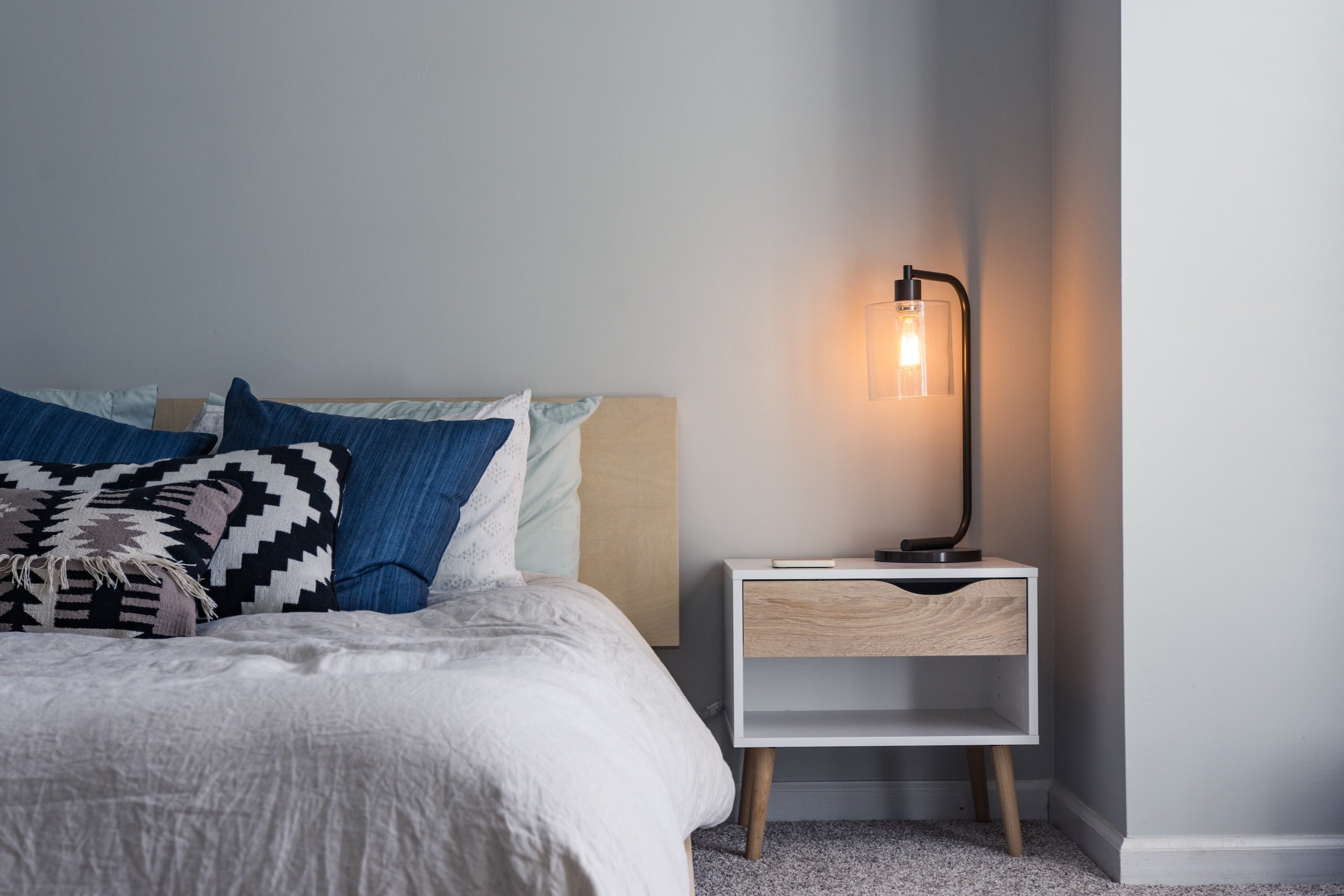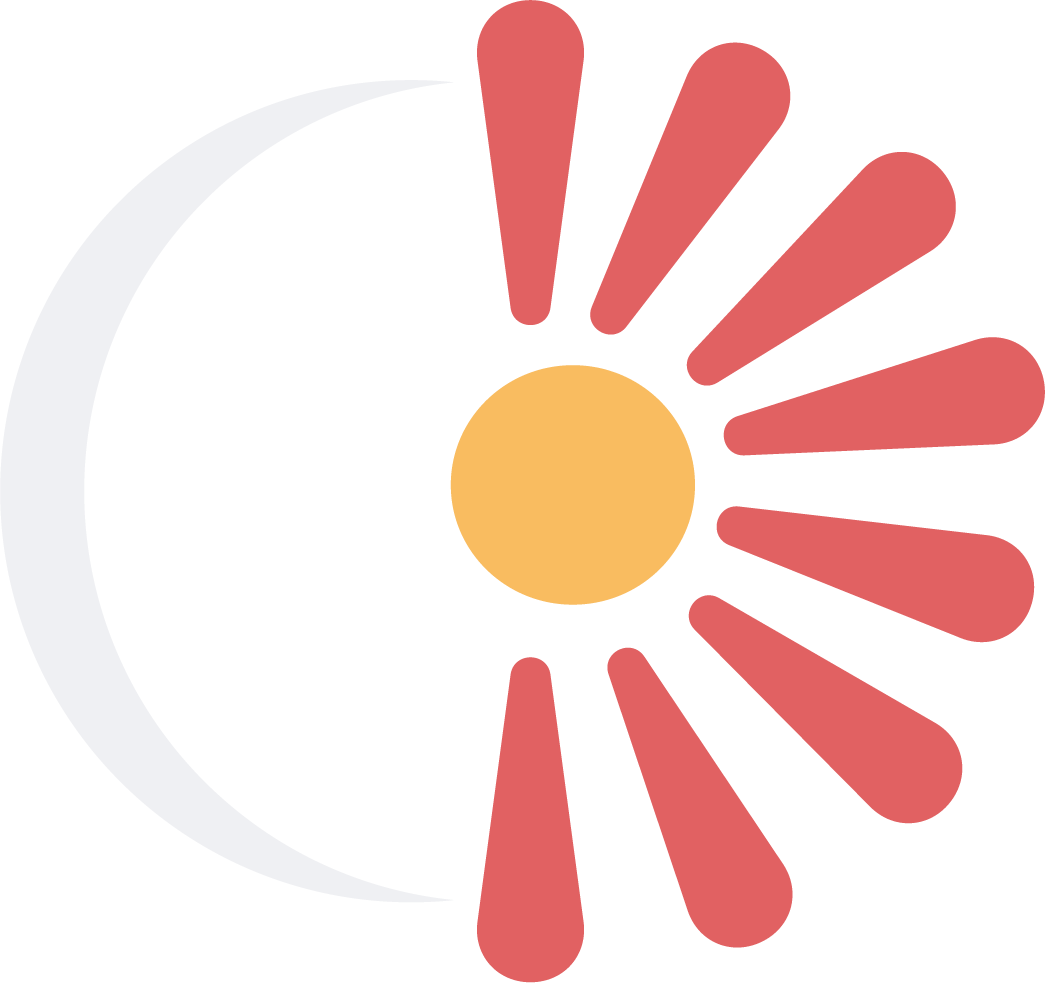
What is a sleep study?
A sleep study, known as polysomnography, is a test used to diagnose the presence and severity of sleep disorders.
During a sleep study, “stick-on” sensors are placed on the individual to record their brain waves, the oxygen level in the blood, as well as the heart rate and breathing during sleep. Eye and leg movements are also measured. The sensors detect what stage of sleep the individual is in, how well they are breathing, and how hard they are working to breathe. Based on the information collected from the sleep study it can be determined if the individual has obstructive sleep apnea and how severe it is.
According to the Mayo Clinic, because polysomnography monitors the individual’s sleep stages and cycles, it can identify when an individual’s sleep stages are disrupted and why.
Typically, falling asleep begins with a sleep stage called non-rapid eye movement (NREM) sleep where the brain waves begin to slow down. This process is recorded during a sleep study. Usually after one to two hours of NREM sleep, brain activity increases leading to the next stage of sleep: rapid eye movement (REM) sleep. During REM sleep, the eyes move quickly and dreaming occurs.
Sleep disorders can interfere with these sleep stages. In fact, the only way to reliably distinguish simple snoring from obstructive sleep apnea is to undergo an overnight sleep study in a sleep laboratory.
At the Keeton Clinic, our goal is to help you experience restorative sleep on a nightly basis.
We conduct sleep studies every night of the week in two shifts: 9PM-5AM and 10PM-6AM. This allows patients to awaken from a productive night of sleep and return to work feeling rested. Our sleep labs are designed to make each person feel right at home. As a bedroom environment, we take every step possible to ensure that each patient is able to fall asleep quickly and sleep through the night comfortably. Contact us if you would like more information on a sleep study.
Our sleep laboratories in Sevierville.




